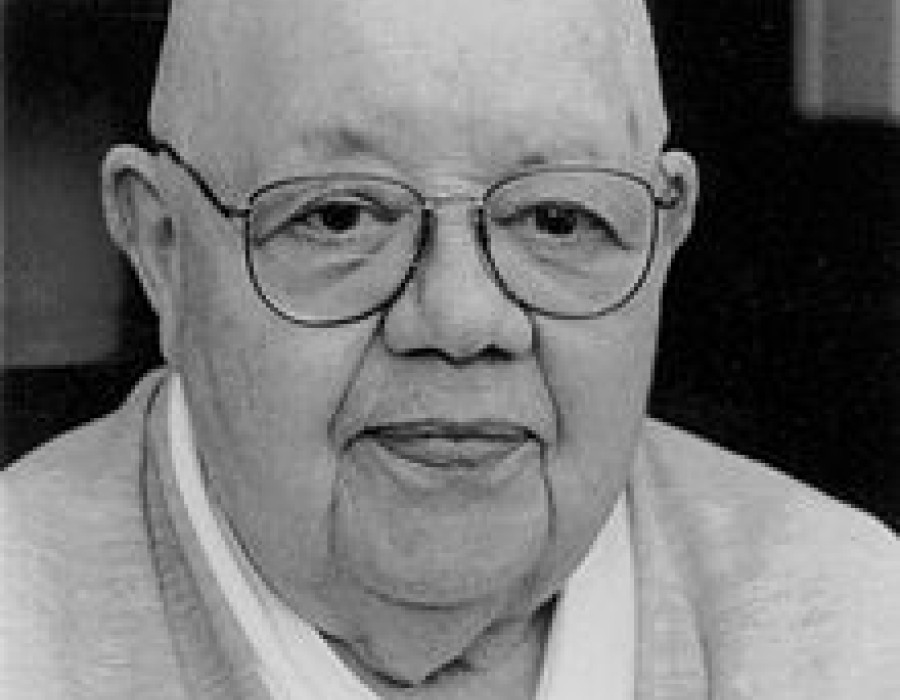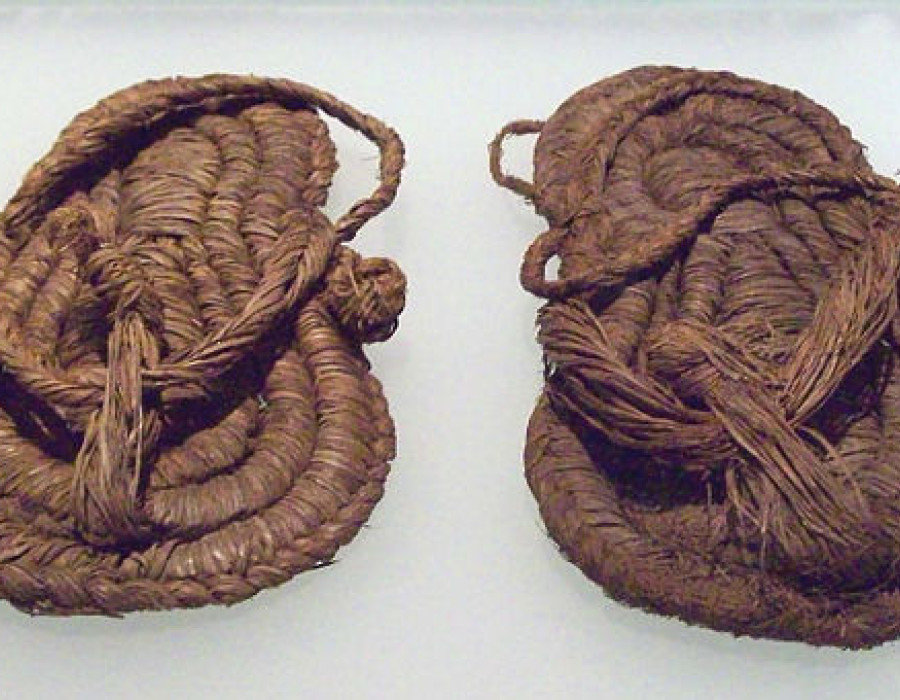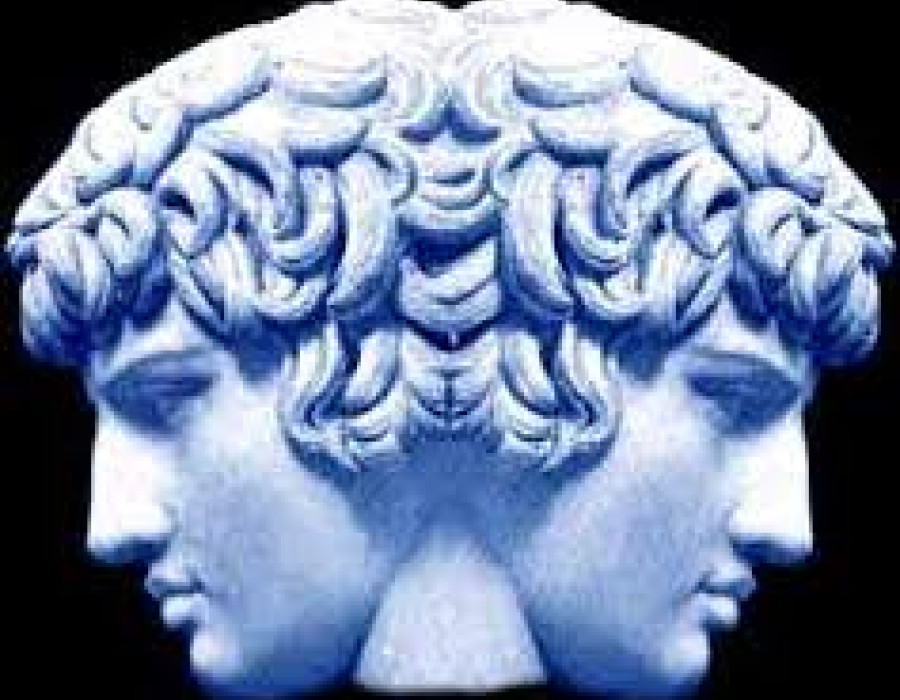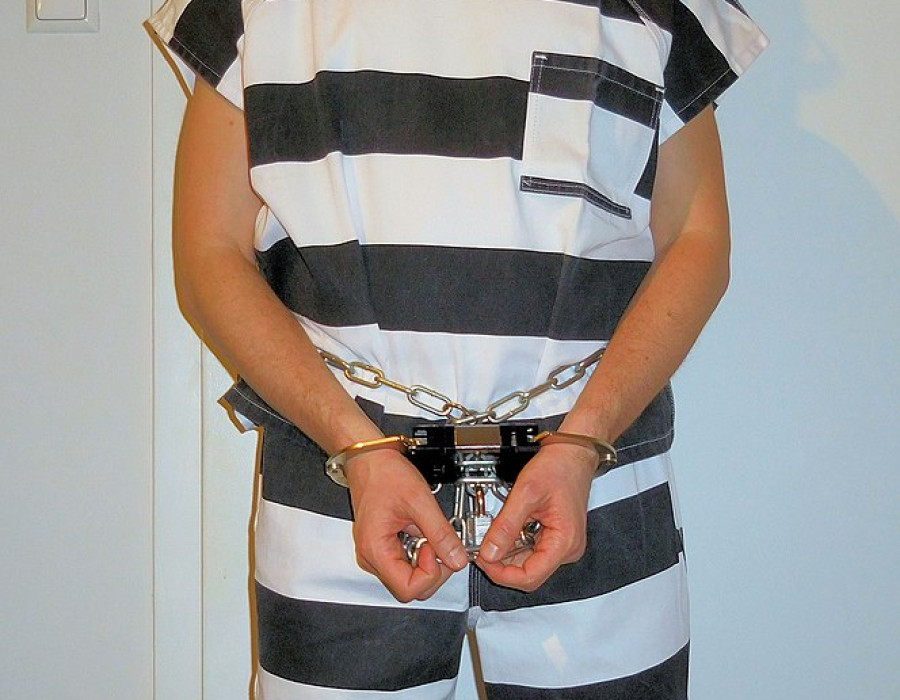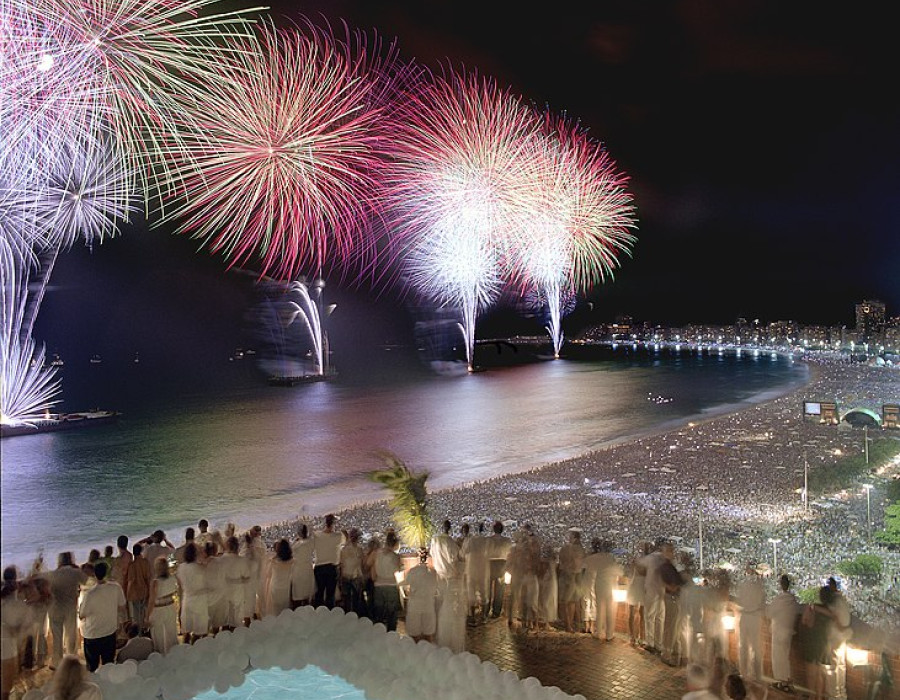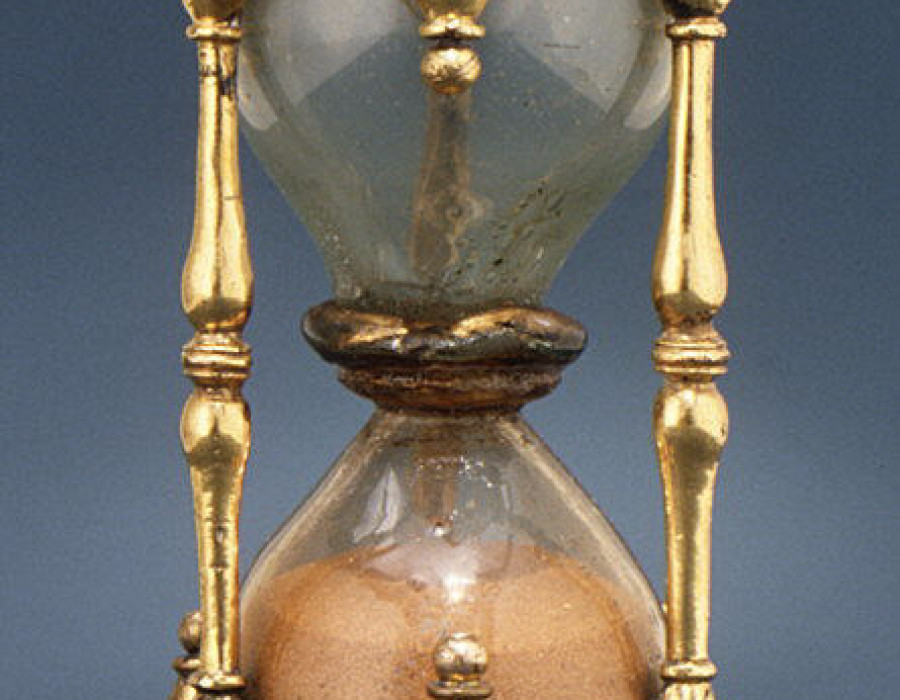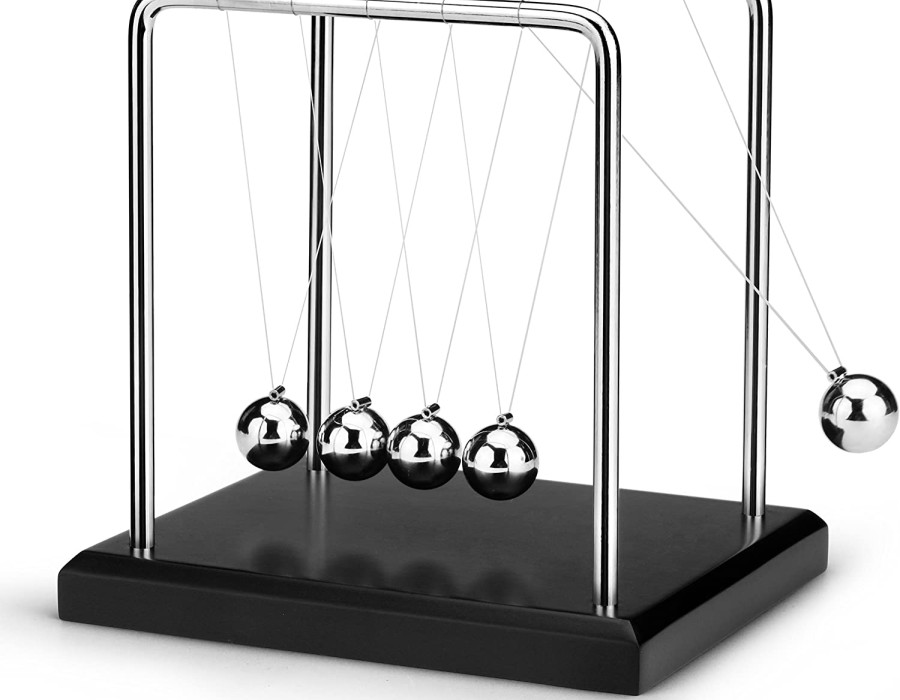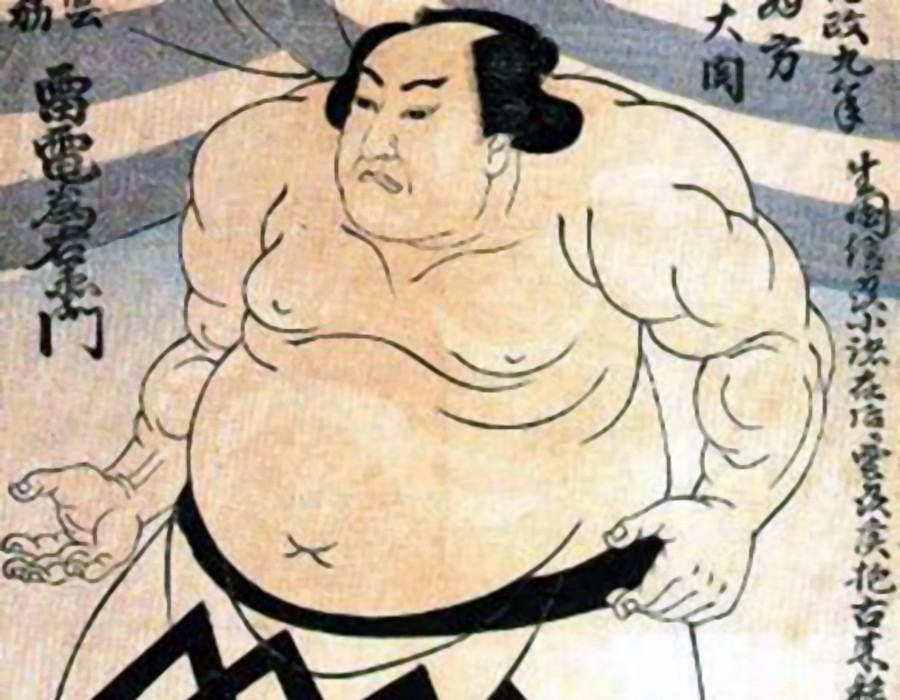Staying at Home
Co-founder Michael Haggiag discusses the mind-made qualities of 'detention' and 'opportunity' from his personal experience of incarceration.
.jpg)
Inmate in striped uniform and restraints
By Rainerzufall1234 - Own work, CC BY-SA 4.0, wikipedia.commons
Of course it’s a frightening time. The COVID 19 virus is spreading at lightning speed, filling hospital beds, collapsing economies and upending the lives of people worldwide. Millions of us are in quarantine in order to slow down the rate of contagion and save our medical infrastructures from being overwhelmed. Frank Snowden, a medical historian from Yale University, puts this into historical perspective in his recently published EPIDEMICS AND SOCIETY, From the Black Death to the Present. “Epidemics,” Snowden claims, “hold up a mirror to human beings as to who we really are,” They’re not merely random events that afflict us capriciously. Rather it’s we ourselves who create the societies in which these diseases flourish. He provides evidence that previous epidemics such as the bubonic plague, small pox, cholera, TB, the Spanish flu and most recently HIV/AIDS have all altered the societies they spread though and reshaped our civilization. It may be happening again.
My daughter just sent me a podcast by Eckhart Tolle, author of THE POWER OF NOW, in which he says this time of adversity is a golden opportunity to awaken to the spiritual dimension of life. The Buddha said as much 2500 years ago: “Suffering I teach and the way out of suffering.” We first need to acknowledge our suffering: the dis-ease that is our habitual state. Once we do this we become aware of a constant state of agitation, as we flit here and there relentlessly pursuing our goals and pleasures and trying to fulfill our myriad little duties. When things are going our way and we feel in control of our destiny we may ignore this underlying anxiety – also known as dukkha in Sanskrit. Then the winds of adversity upset our plans and we completely lose our bearing. Yet it’s precisely in moments of fear and acute discomfort that we can also arouse ourselves and find a way out of suffering. Sometimes it may even occur by accident.
At eighteen I was briefly detained in a prison cell in Barcelona. It was during the era of Franco’s Spain. The prison was housed several flights below ground without natural light so it was impossible to tell whether it was day or night. My cellmates were mostly Catalans protesting against the fascist regime. Disoriented perhaps or just nervous, I began to hum a tune under my breath. It so annoyed the guard that he ordered me to sweep the long hallway outside the other cells. In one of them I spotted a young woman with a badly bruised face lying unconscious on the floor. I was shocked. She seemed so unprotected and vulnerable. I saw myself lying there and my heart went out to her. The image of this stranger and my instant connection with her is still engraved on my memory. Afterwards I sat on the stone bench in my cell, feeling numb, tired and distraught and finally drained of all emotion. Hours passed. There was nothing to be done. I was no longer able to think. My plans, my usual concerns, my sense of self seemed to fade into oblivion. I was surprised to find that my misery too had abated and began to feel strangely free, but from what? Then it came to me in a flash. The bars of the cell – several feet away - had replaced invisible bars inside me. Perhaps a sense of anxiety and unease had always afflicted me without my realizing it. There was a feeling of spaciousness and freedom I hadn’t experienced before. It didn’t last long and I didn’t discover Buddhism until many years later but because of this accidental encounter with my true self its teachings immediately resonated with me.
Today the COVID 19 virus is forcing us to stay at home to protect ourselves and others. This can be seen as a terrible coercion but also as a once-in-a-lifetime opportunity to deepen our spiritual practice. It’s entirely up to us. Staying at home has a deeper meaning than sitting restlessly on a couch. It’s what we try do every moment in our meditation and daily life. Eckhart Tolle calls it “being present” and says that furthermore when we live in the awareness of this present moment there is no more fear because fear is a picture we conjure up in our mind of the danger we’re in or what’s about to happen to us. There is always a narrative attached to it - projecting into the future rather than staying in the present. This is what we learn in Zen training as well.
There is a Zen anecdote about a monk called Lazy An who is asked what he does all day. He answers, “I tend the bull.” When asked how he does this, he replies: “Whenever he strays into the high grass I pull him back by the nose.” The bull is our emotional household. It manifests itself constantly in our thoughts and emotions. The bull is much more powerful than I am but once gentled it can carry me home to the place where I really live. This is the home where the heart abides in freedom and joy and where life manifests itself effortlessly and without fear.

